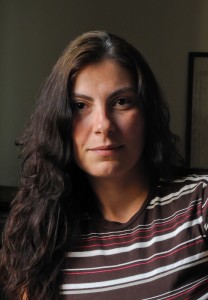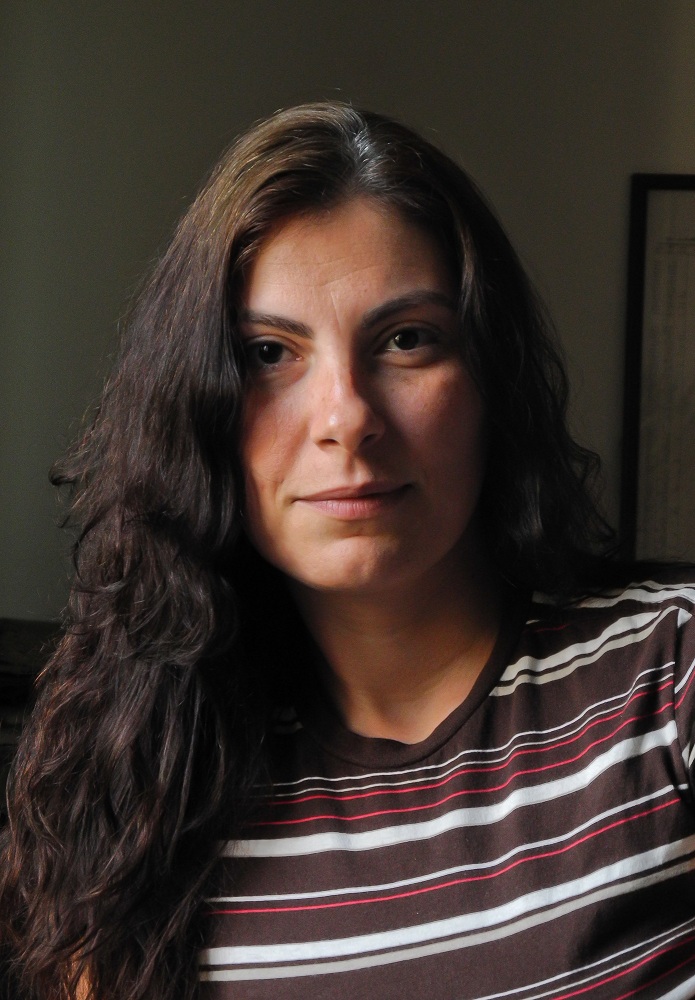
I was about 13 when I first discovered what it means to oppress freedom of expression. I was on a road trip with my cousins, from Cairo to Damascus. It was a long trip and I took with me my very first “big” book, which told the story of King Farouq and the royal palace.
Long trips require such books, we passed through Nuweiba to Aqaba, to Amman then Daraa, and the road ends in Damascus. All went well; my book spent most of the time lying on the car floor. I found it terribly boring, and couldn’t read more than a couple of pages. We were then stopped at the Syrian border, we knew we would be spending many hours going through security checks at the Daraa checkpoint.
During the search, they found my book and for some reason the soldier took it directly to the officer in charge. I think all books went there. The officer came to us asking about the owner of the book, my aunt and her husband looked terrified and I didn’t know why.
I replied it was me; I was then taken, gently, to a room that looked like the interrogation rooms you see in movies, with the single light bulb hanging just above my head, the far small desk where the officer sat and asked questions. Of course it could have been a regular small office but I was a terrified child and that is the memory I am left with.
The officer kept asking the same questions over and over; why are you reading this book? Who gave it to you? What does your mother work as? And your father? Why are you in Syria?
On it went while I wondered why he was so interested in a stupid boring book. Then I was taken back to my family who, by the looks of the car, were searched to the bone. We were let go and my book was allowed to cross the border as well.
The first thing I did was read the book, all of it, despite how boring it was, just to find out what was so “bad” about it. I found nothing, it only spoke of royalty and for the life of me I could not understand what the officer was thinking.
In the beautiful jasmine-scented city of Damascus, a group of teenagers gathering after midnight told jokes under the starry sky. At one point one began to tell a joke of “Mubarak, Gaddafi, and Assad,” then he stopped suddenly and to continue the joke we had to move inside the house to a closed second floor room. The joke was told with a hushed voice. The fear was “you never know who could be listening; it might be the garbage collector or a neighbour!”
I was reminded of these stories when I read about Ayman Al-Brince, who was talking to a group of friends at a cafe and criticising some political moves made by our president. Al-Brince is now facing charges of “insulting the president.”
On top of incidents like the cancellation of Al-Minya concert; the banning of a song in some movie; and lately the problems with censorship faced by a theatre director for a play about the revolution and Egyptian politics; if coffee table talk leads to jail, then even jokes are risky because they will definitely call for charges of “insulting the president.”
Do the Muslim Brotherhood and our president intend to imitate oppressive regimes and scare us into silence? Will they ban books and movies and songs and arts and concerts under the name of righteousness and religion? Will they ban talking and discussions and gathering, under the auspices of insulting the president?
Do they honestly believe that people will take this lying down? Don’t they see all the protests across the country? In the second half of September alone, over 300 protests, sit-ins and marches were documented. Since our revolution, Egyptians have learned to speak up, to voice their frustrations, how do our rulers think they will stop this? Kill us all?
Let this be clear, we will not be silenced!



